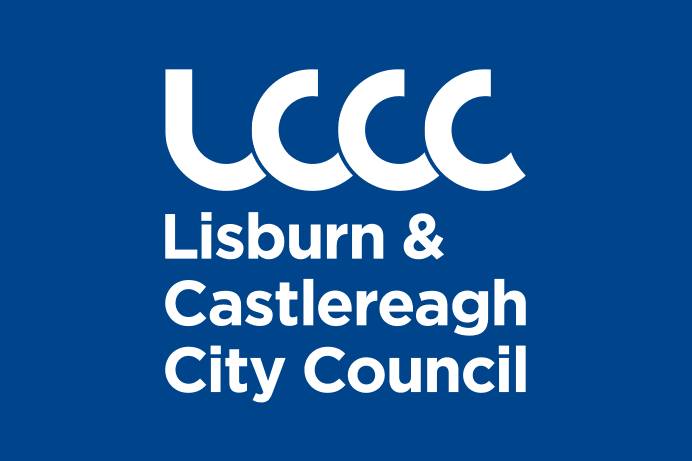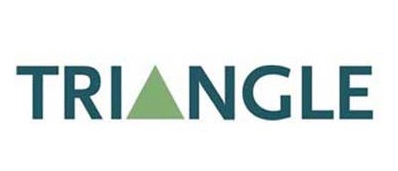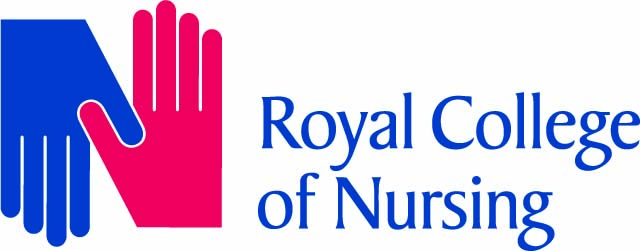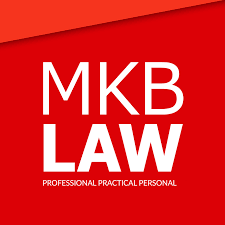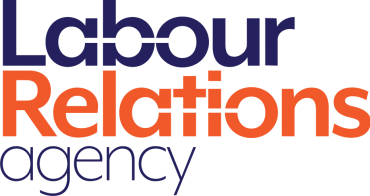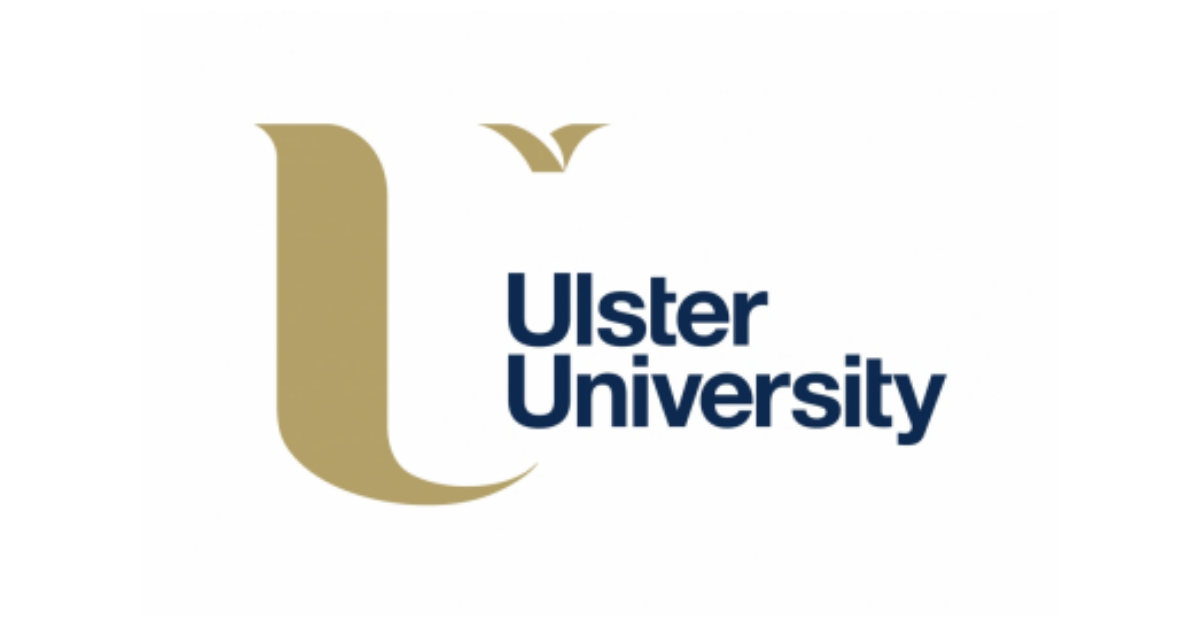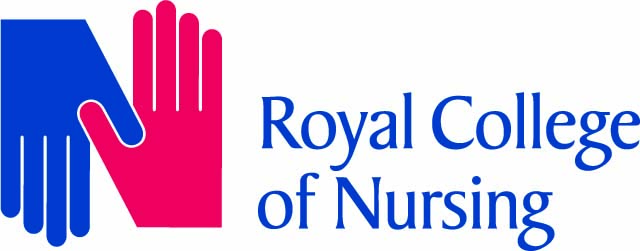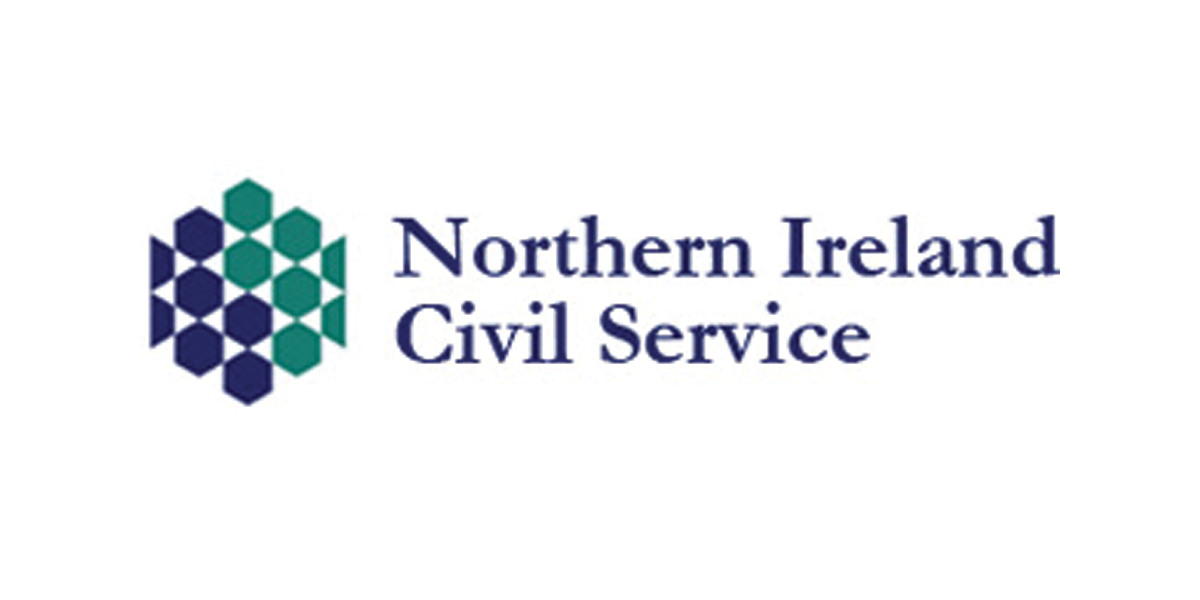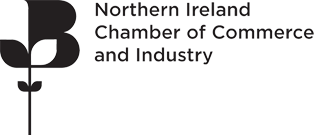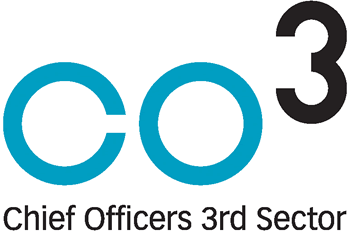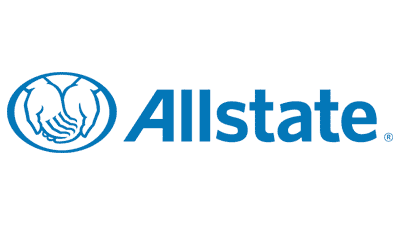One speaking habit that can undermine your executive presence
Your presentation can be meticulously prepared. Your arguments can be rock solid. And your proposal can be commercially sound. But this one habit can seriously undermine your executive presence and introduce doubt into the minds of your audience.
It’s the filler language that you use in situations of uncertainty. When you’re not feeling 100% confident in your abilities, that filler language sends verbal signs that signal your insecurity.
We’ve all witnessed the atmosphere in a room when a charismatic speaker steps forward. Some may call it gravitas, others may call it executive presence. It’s the feeling that a speaker is at ease with themselves and what they propose. Because if your presentation signals authority, competence and credibility then you’ve removed risk for your audience. And you’re more likely to win their confidence and support.
Filler language
Here’s the filler language to avoid in all of your business communication if you’d like to grow your executive presence.
- Words like ‘so’, ‘basically’, ‘emm’, ‘like’, ‘y’know’ all signal hesitation. Be definite in your language.
- ‘To be perfectly honest’. For example, ‘To be perfectly honest, I think that this week’s proposal is inadequate.’ Does that mean that you weren’t being honest in your previous statements?
- Watch out for pre-emptive disclaimers like‘For what it’s worth’ or ‘I don’t know if this makes sense’. Whilst it’s ok to say ‘For what it’s worth, I think that we could offer this product in two sizes‘, it’s better to say ‘We could offer this product in two sizes.’ Are you making the proposal or aren’t you? Don’t undermine your own opinions and expertise.
- ‘Just’ or ‘Only’. Here’s where ‘just’ silently erodes your credibility. ‘I’m just asking how many people want to pursue Option A vs Option B.’ But you aren’t just asking are you? You’re asking because you need to know the answer in order to complete your work. So why not own that request? It’s the same with statements like, ‘I’m only the manager of this section, for the answer to your query you’d need to ask the Director.’ Eliminate ‘only’ from that sentence and watch how that means you need to restructure it to say something else entirely.
This filler language plants the seed in your listener’s brain that your opinion comes with a caveat. It’s an unconscious reaction on their part, but it affects their trust in you.
Growing your executive presence
These filler words and phrases are difficult to eliminate because they become a verbal tic. They’re often words that you’ve relied on over many years. This means that eliminating them can be a difficult habit to break. You’ll need to first become aware when you use them, and then consciously work to take them out of your speech.
Start by recording your presentations (with the permission of your audience) and watching them back. Once you’ve realised how frequently you use these words, you’ll start to notice them in your own everyday speech. And that awareness is the first step in eliminating them. When you become aware of these words in everyday situations like telling a story to a friend, then this gives you low-risk situations where you can start to work on removing them.
Sometimes you can buddy up with someone you trust at work, who’ll let you know when they hear you use these words. I’ve used the ‘hand on head’ strategy for years. Ask your colleague to listen to you rehearse your presentation, and to put their hand on their head every time they hear a filler word. That verbal signal is a powerful reminder of the habit that you seek to break.
And here’s the final step. Pause. Get used to using strategic pauses in your presentations. It takes confidence to pause and look your audience in the eye. Nervous speakers run on and on. The strategic pause signals to your audience that you’re in control of your presentation.
Become aware of those filler words that quietly hijack your executive presence. And take active steps to eliminate them.
If you've enjoyed reading about Communication Skills then you might be interested in attending a course.










